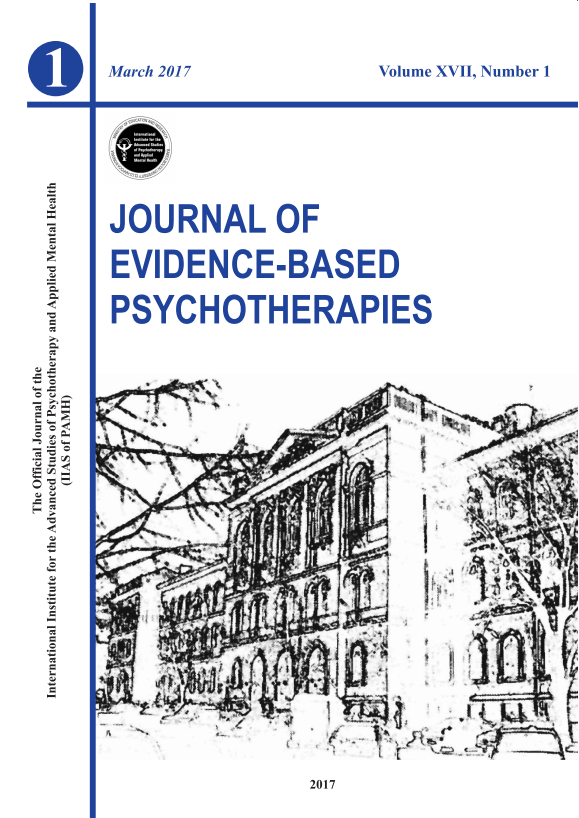nesrokan@gmail.com
Nesrullah Okan1*
¹ Department of Educational Sciences, Guidance and Psychological Counseling, Fırat University/ Elazığ/Turkey.
Abstract
The present study sets out the development and psychometric validation of the Multidimensional Digital Addiction Scale (MDDS), a novel instrument designed to assess digital addiction across eight distinct yet interrelated domains: social media, internet, gaming, phone, video, viewing, online shopping, and information-seeking anxiety. In response to the growing public health concern surrounding digital overuse, the MDDS offers a comprehensive and evidence-based approach to measuring problematic digital behaviour. The scale development process was meticulously executed through item generation, expert evaluation, and a three-phase empirical study. Exploratory and confirmatory factor analyses were conducted to confirm the scale’s multidimensional structure (e.g., RMSEA = 0.075, CFI = 0.938). The reliability coefficients (Cronbach’s α) exhibited a range from .904 to .958 across the subscales. Convergent and discriminant validity were supported by CR, AVE, and HTMT analyses. The scale demonstrated a substantial correlation with an established measure of mobile phone addiction, thereby substantiating its criterion-related validity. The MDDS has the capacity to facilitate the identification and classification of digital addiction patterns, to inform therapeutic interventions, and to support prevention programmes targeting technology-related behavioural issues.
Keywords: Digital Addiction, Multidimensional Scale, Social Media Addiction, Gaming Addiction, Scale Development.
Please cite this article as:
Okan, N. (2025). An Evidence-Based Multidimensional Scale for Assessing Digital Addictions. Journal of Evidence-Based Psychotherapies, 25(2), 49-69.
DOI: 10.24193/jebp.2025.2.11
Published online: 2025/09/01
Published print: 2025/09/01
